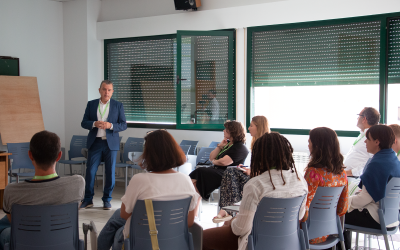
In August 2017, the Croatian Ministry of Health released its Annual report on the State Registry of Medically Assisted Reproduction (MAR) 2015. This is an annual report issued that presents the statistics on MAR procedures conducted in publically funded and private clinics, and follows on a similar report released in 2014.
Both reports are missing a large amount of very important data which would allow the public to measure success of in-vitro fertilisation (IVF) treatments. Missing are transparent data on types of procedures, (natural cycle or stimulated), the number of IVF procedures that were started and/or ended, number of aspirations, average number of transferred embryos, number of clinical pregnancies, number of births resulting from started procedures / aspirations / transfers, number of live births, percentage of multiple pregnancies, number of births of multiples, perinatal statistics, including results of twin births.
These and additional data are available in annual reports published by countries in the European Union and other developed countries. The question remains as to why regular data included in MAR registries of EU countries are not reported on by the Croatian authorities. One possible reason is that the Ministry of Health does not collect this data, while another is that they are withholding this important information and selectively presenting results in order to avoid showing the low success rates of MAR procedures in publically funded hospitals.
MAR patients have the right to evidence-based care, and transparent information on the success of MAR procedures for all the clinics that provide these services. In hiding this information the Ministry of Health is only serving to show itself as either wholly unprofessional (in the case that they do not collect the statistics at all), or self-serving and non-transparent, in the case that they do not want to show the low rates of success in state-funded clinics.
In either case, MAR patients are the ones suffering, and they cannot afford to wait.












